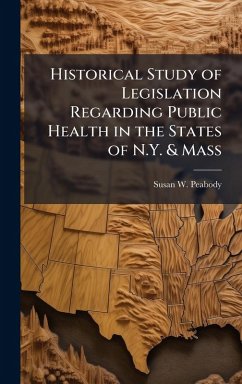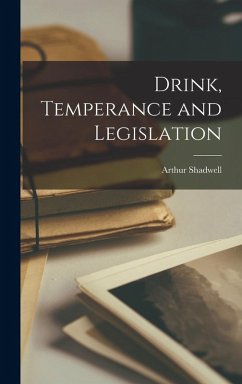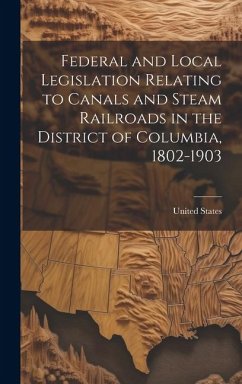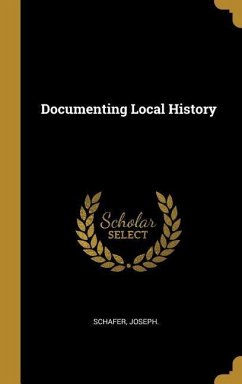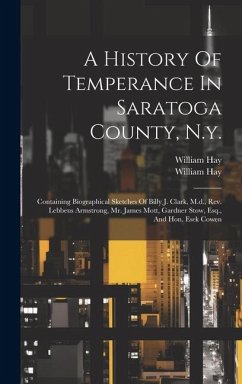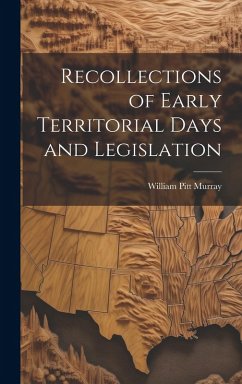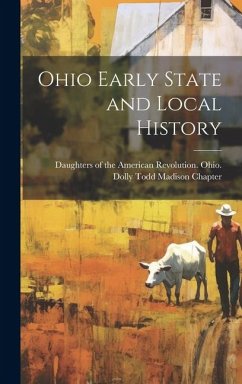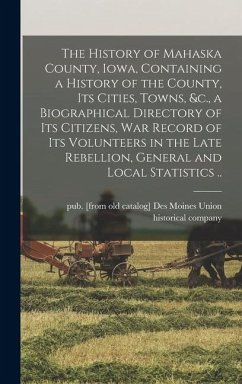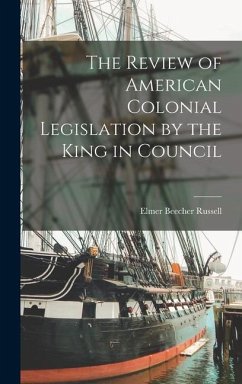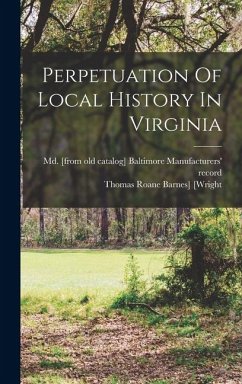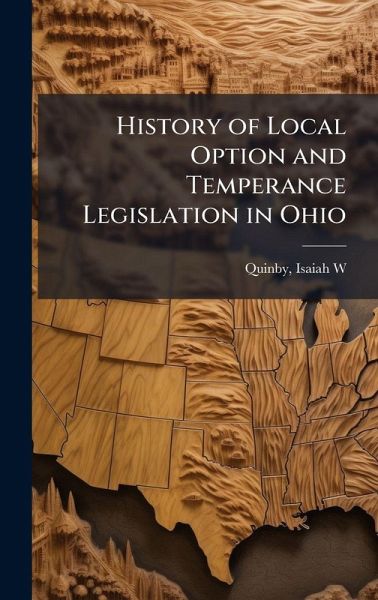
History of Local Option and Temperance Legislation in Ohio
Versandkostenfrei!
Versandfertig in über 4 Wochen
29,99 €
inkl. MwSt.

PAYBACK Punkte
15 °P sammeln!
"History of Local Option and Temperance Legislation in Ohio" offers a detailed look into the legislative battles surrounding alcohol regulation in Ohio during the late 19th century. This historical account, authored by Isaiah W. Quinby, meticulously documents the evolution of laws pertaining to local option-allowing communities to decide on the prohibition of alcohol-and broader temperance measures. The book provides valuable insights into the social and political dynamics of the era, highlighting the arguments for and against temperance, the influence of various interest groups, and the legal...
"History of Local Option and Temperance Legislation in Ohio" offers a detailed look into the legislative battles surrounding alcohol regulation in Ohio during the late 19th century. This historical account, authored by Isaiah W. Quinby, meticulously documents the evolution of laws pertaining to local option-allowing communities to decide on the prohibition of alcohol-and broader temperance measures. The book provides valuable insights into the social and political dynamics of the era, highlighting the arguments for and against temperance, the influence of various interest groups, and the legal frameworks employed. It serves as a crucial resource for understanding the historical roots of alcohol policy and the ongoing debates over state versus local control. This volume is essential for historians, legal scholars, and anyone interested in the history of social reform movements in the United States. This work has been selected by scholars as being culturally important, and is part of the knowledge base of civilization as we know it. This work was reproduced from the original artifact, and remains as true to the original work as possible. Therefore, you will see the original copyright references, library stamps (as most of these works have been housed in our most important libraries around the world), and other notations in the work. This work is in the public domain in the United States of America, and possibly other nations. Within the United States, you may freely copy and distribute this work, as no entity (individual or corporate) has a copyright on the body of the work. As a reproduction of a historical artifact, this work may contain missing or blurred pages, poor pictures, errant marks, etc. Scholars believe, and we concur, that this work is important enough to be preserved, reproduced, and made generally available to the public. We appreciate your support of the preservation process, and thank you for being an important part of keeping this knowledge alive and relevant.



